Orpheus | Interview | Bruce Arnold
Orpheus is an American rock band originally from Worcester, Massachusetts, that enjoyed popularity in the 1960s and early 1970s, featuring lead singer/songwriter Bruce Arnold. They had two charted Billboard Hot 100 singles, both released on MGM Records.
Original band members, including Stephen Martin, Jack McKennes, Eric “Snake” Gulliksen, and Harry Sandler, along with Robert Emmet Dunlap and Kathi Taylor, continue to perform in New England as Orpheus Reborn.
“We had a unique approach to song choices”
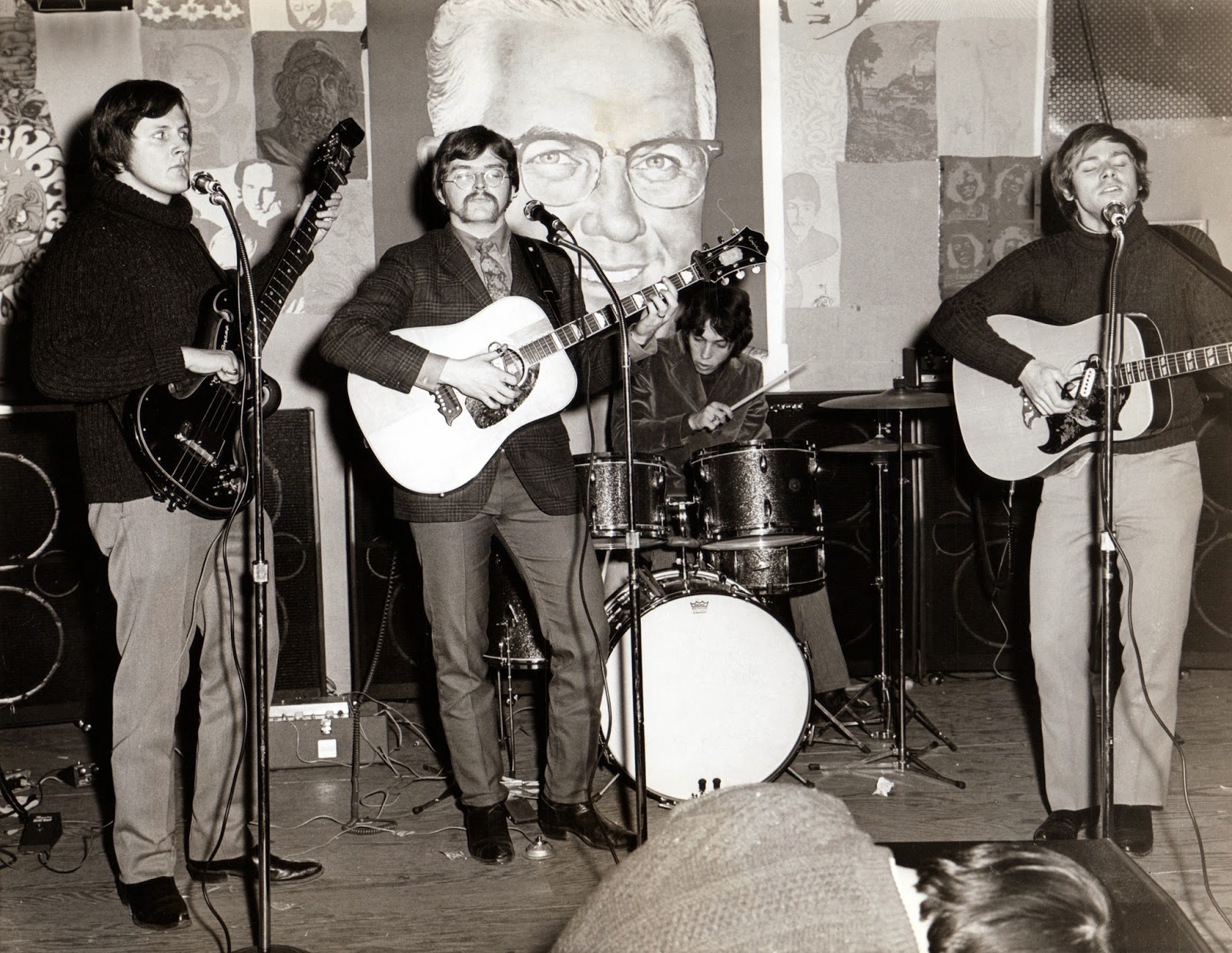
You were from Worcester, Massachusetts.
Bruce Arnold: Worcester was at the cusp of change, like many cities in the 60’s. Young people were at the tip of the change, bringing art and music and social change. We didn’t know it at the time, though.
Together with Jack McKennes you formed a folk duo called The Villagers.
We were two young folkies who wanted to play with everyone. We discovered that we had a special blend of our voices that set us apart. Another goal we had in common was that we both wanted to play music and live on the beach at Cape Cod every summer. We found plenty of places that would give us a chance. It was the best of times.
What influenced you when starting a folk duo?
We loved all music but the precision music we heard in the folk scene really appealed to us. So we made our own arrangements of those songs. We had a unique approach to song choices. We opened the old music up and wrote new tunes, too. I am a big fan of new folk music.
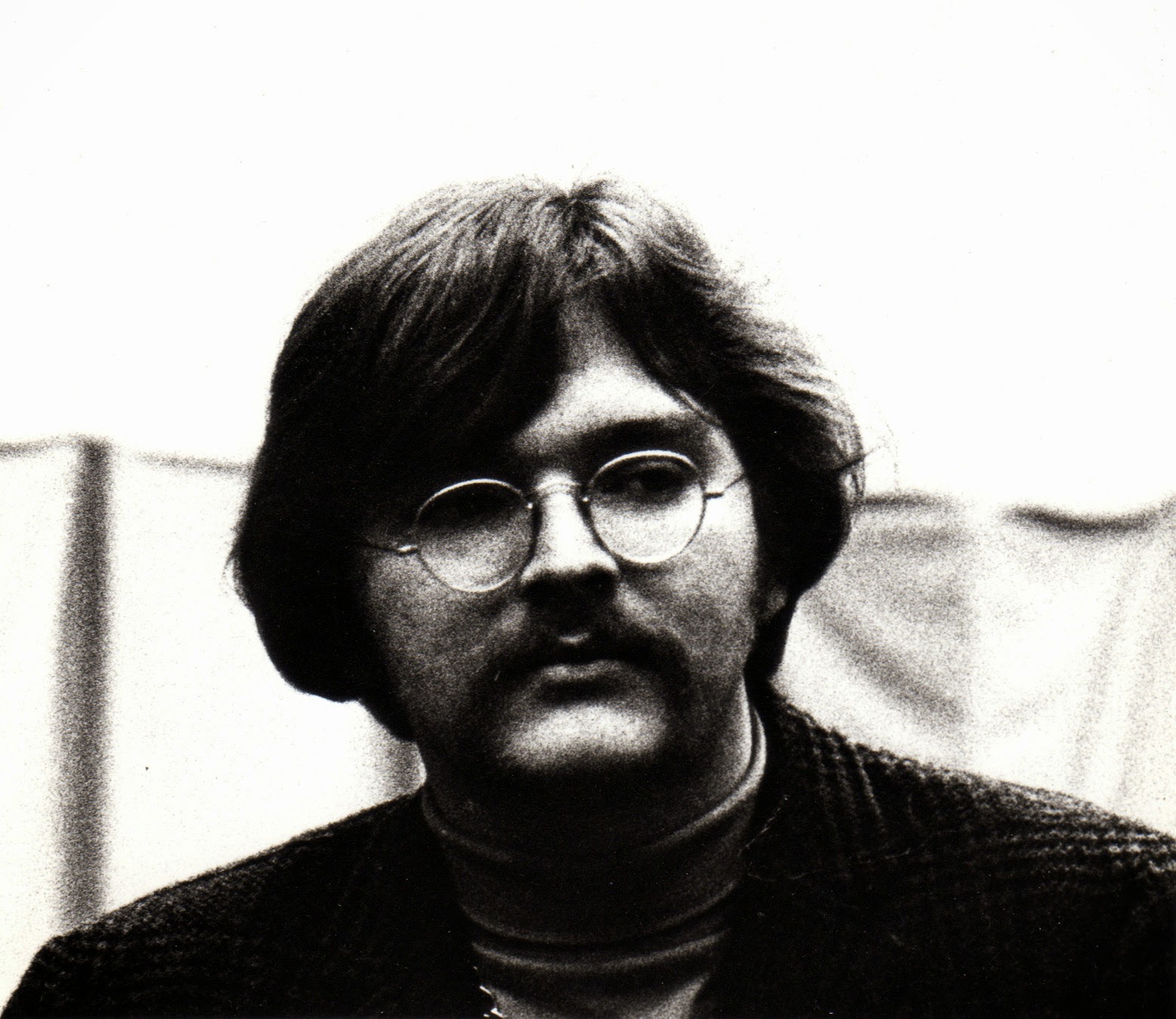
You slowly gained wider audience by performing at venues such as the Loft, the Odyssey, the Unicorn, and the Pesky Sarpint.
That’s right. First, we would play at the open mike night, then they would hire us right away. At our final Unicorn performance as Orpheus, there were 400 people inside and 1000 people outside trying to get in.
A bit later you added a bass player, John Eric Gulliksen and a drummer, Harry Sandler. What triggered this change?
The Beatles.
How did you settle upon a name ‘Orpheus’?
We wanted to have a name already chosen before we went to New York auditions in hopes that companies would not stick us with a horrible name. I remembered that the demi-god Orpheus was a renown musician and so we chose that. The only negative thing about the name Orpheus was that it is hard for Northeasterners to pronounce.

You recorded some material and after awhile well noted arranger Alan Lorber got interested. You signed for MGM and started recording your first album.
We first recorded at Bell Sound in NYC, a state of the art studio for the time. I believe we had four tracks. We moved around after that but Bell was really the best studio sound of all. Later at A&R studios they still weren’t quite at home with multi track recording. They actually had 8 speakers on the wall…one for each channel.
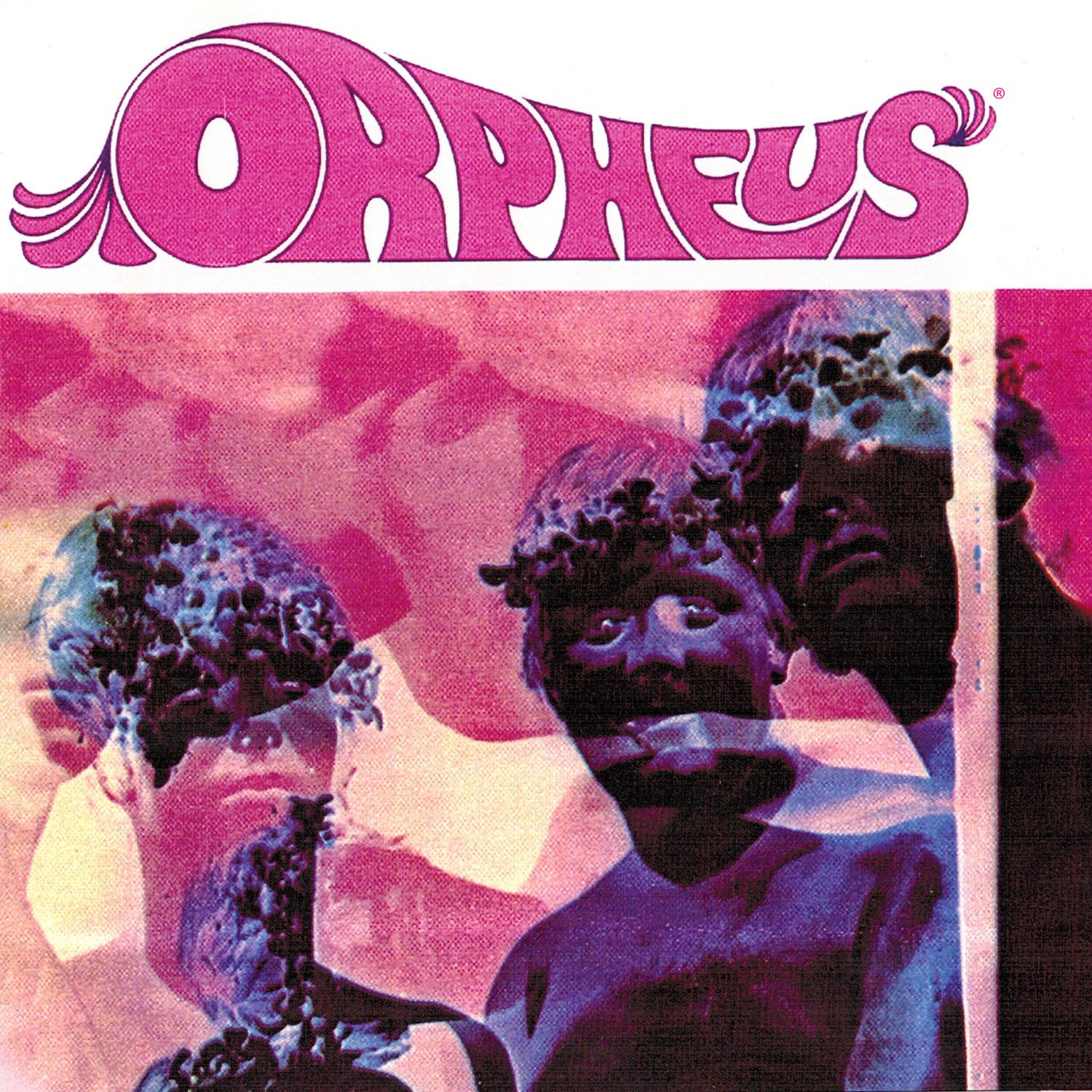
How was it to work with Alan Lorber?
Alan and I got along great. We often got together to work on orchestration. He really liked the music. He feels that Orpheus was definitely his crowning achievement.
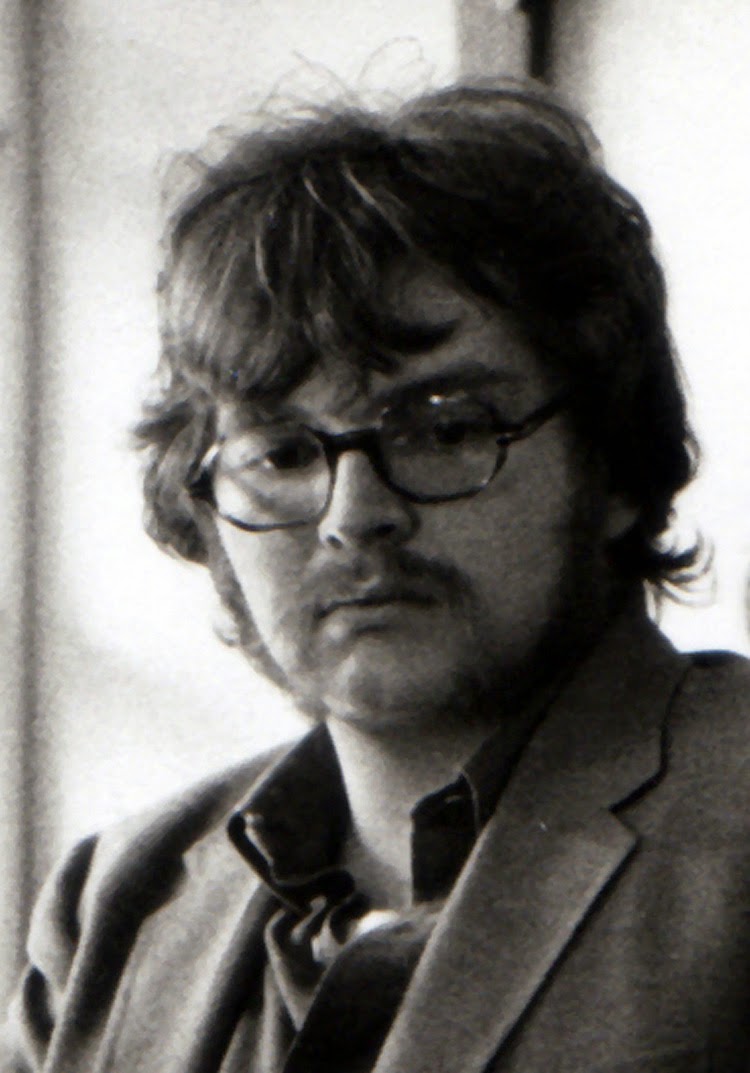
You played some promotional shows in Chicago, Detroit, and Philadelphia and then you opened for Cream at Brandeis University.
We welcomed all the gigs we could get. We were very lucky to have caught on. No one knew what to expect in those days. There were no genres. It was as though all music was being played at once from Arlo to Zappa.
What’s the story behind ‘Ascending’?
We record it in two weeks. We did not have the luxury of 20 years preparation like we did for the first album.
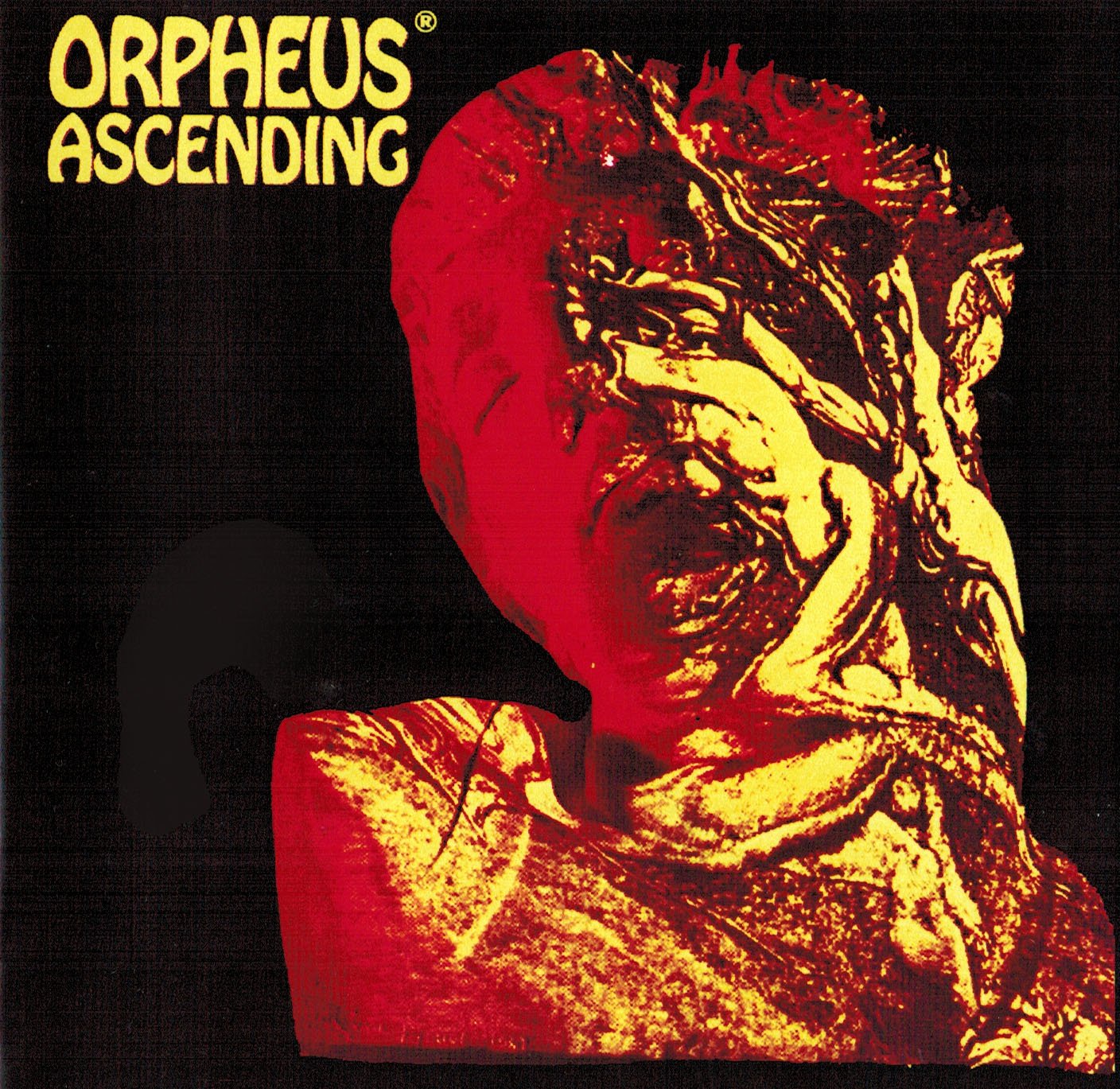
We had to come up with everything we could find to fill the album because we were between tours and only had two weeks of studio time. I was writing on the road but not enough for a whole new album. So we chose from among songs that I wrote when I was 18 or 19 with some jug band and banjo music thrown in. Then, unbeknownst to us, the recording was sped up by MGM, apparently to make us sound younger (agism?). It took me a long time to figure out why I didn’t like that record. It’s only now, as we play live around the country, that you can hear what those songs were really supposed to sound like. It turns out ‘Ascending’ was a big hit in L.A. art schools when it came out. The fellow who designed all the 1970’s Lincoln, etc., contacted me to tell me how much ‘Just A Little Bit’ meant to him.
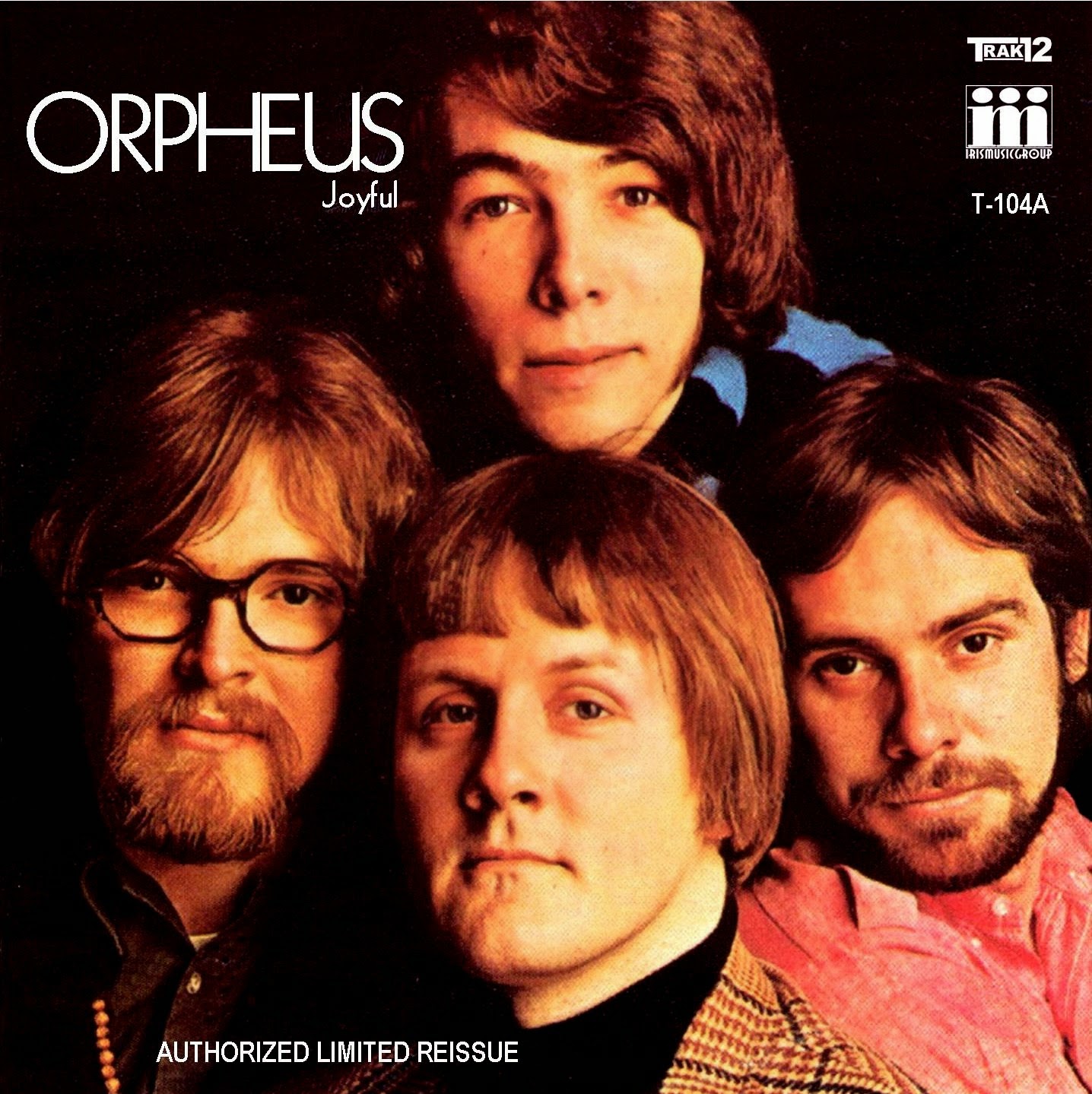
Two more albums followed, ‘Joyful’ and ‘Orpheus’.
Those were more thought out and integral. I stopped taking booking at clubs and parties and concentrated on colleges and music festivals because it gave me more time to compose. ‘Joyful’ was a good album. We expanded the role of the “rock band” within a full orchestra. The fourth album was more about having a good time. Those musicians are the Orpheus members I still play with today; Bernard Purdie, Howie Hersh and Elliot Sherman.
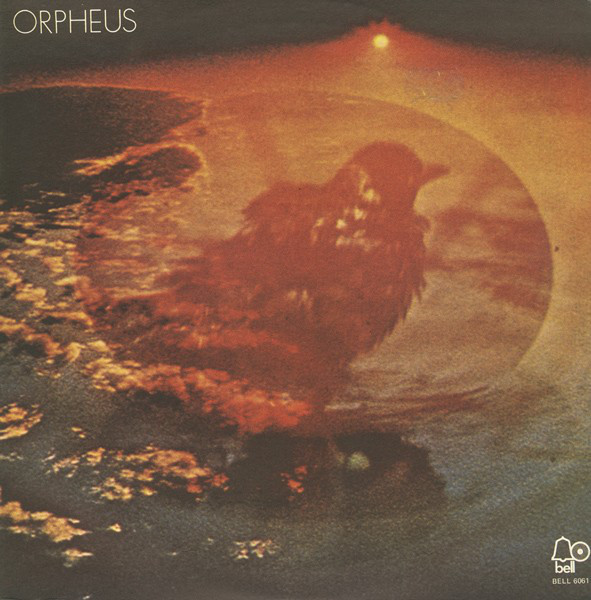
You played with some really big names like Cream, Janis Joplin, Led Zeppelin, The Who etc.
They weren’t the revered groups that they are today. They were just kids, like us. We rode from Washington to NYC with The Who in their Magic Bus. It was everything you can imagine and more with John, Roger and Pete didn’t come on the bus…he flew to NYC. But the rest of us settled in for a great ride.
“Orpheus never stopped playing”
What happened next?
Orpheus never stopped playing, we just constantly added new members. We have been a band of transients. The latest erstwhile member is Cliff Goodwin, who played slide guitar solos at our last show. Our CD ‘Orpheus Again’ tracks us over the years and to Skywalker Ranch where we were invited to produce the album.
Were you active in any other bands or as a studio musicians?
I produced several records including one for Smithsonian Folkways, which has just been re-released (Marcus Uzilevsky – ‘A Pilgrim’s Son’). I helped many young folks get their music recorded. I worked on developing a record label for George Lucas and many other projects. Though I generally prefer doing my work unobserved, it’s great fun to meet people who have been fans for decades.
After more than 40 years Orpheus is back.
My plan was to make a few hit records and then wait 40 years….no, I simply felt like doing it now. We all did. Right now there’s plenty of room for Orpheus! Music has come around to our way of thinking.
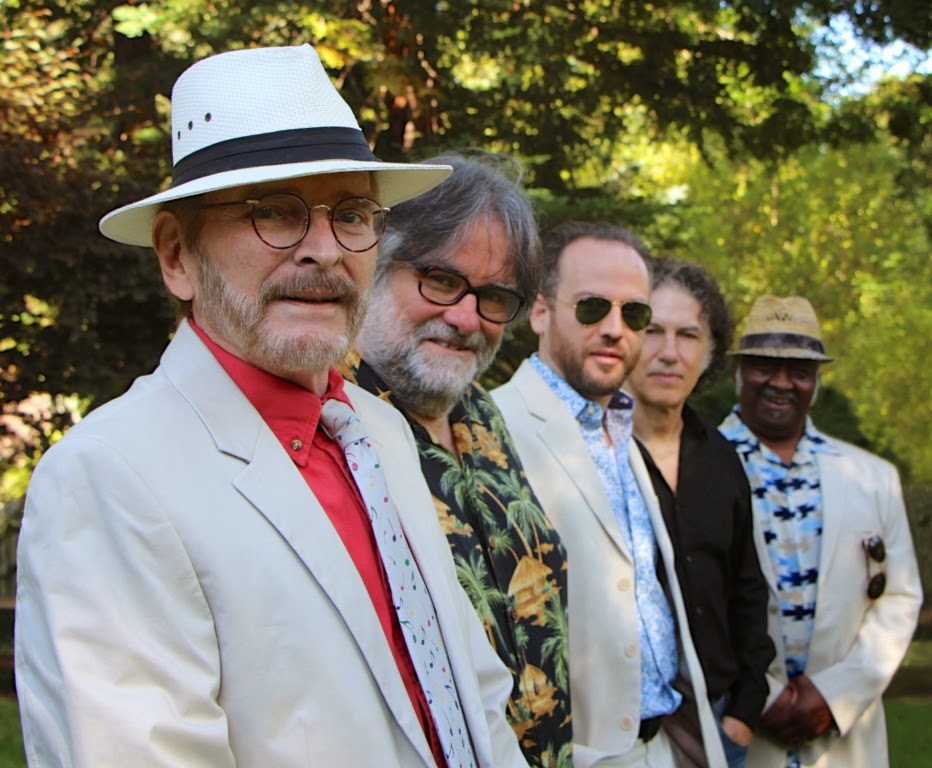
How is it to be on stage again?
It’s fantastic! We never drop a stitch. That’s what I have always wanted. This is really Orpheus at it’s best. Now that we are touring I have been writing new songs for the band as it is today. That means great rhythm and bass parts. And since my son John joined in we also have the tightest vocal harmonies.
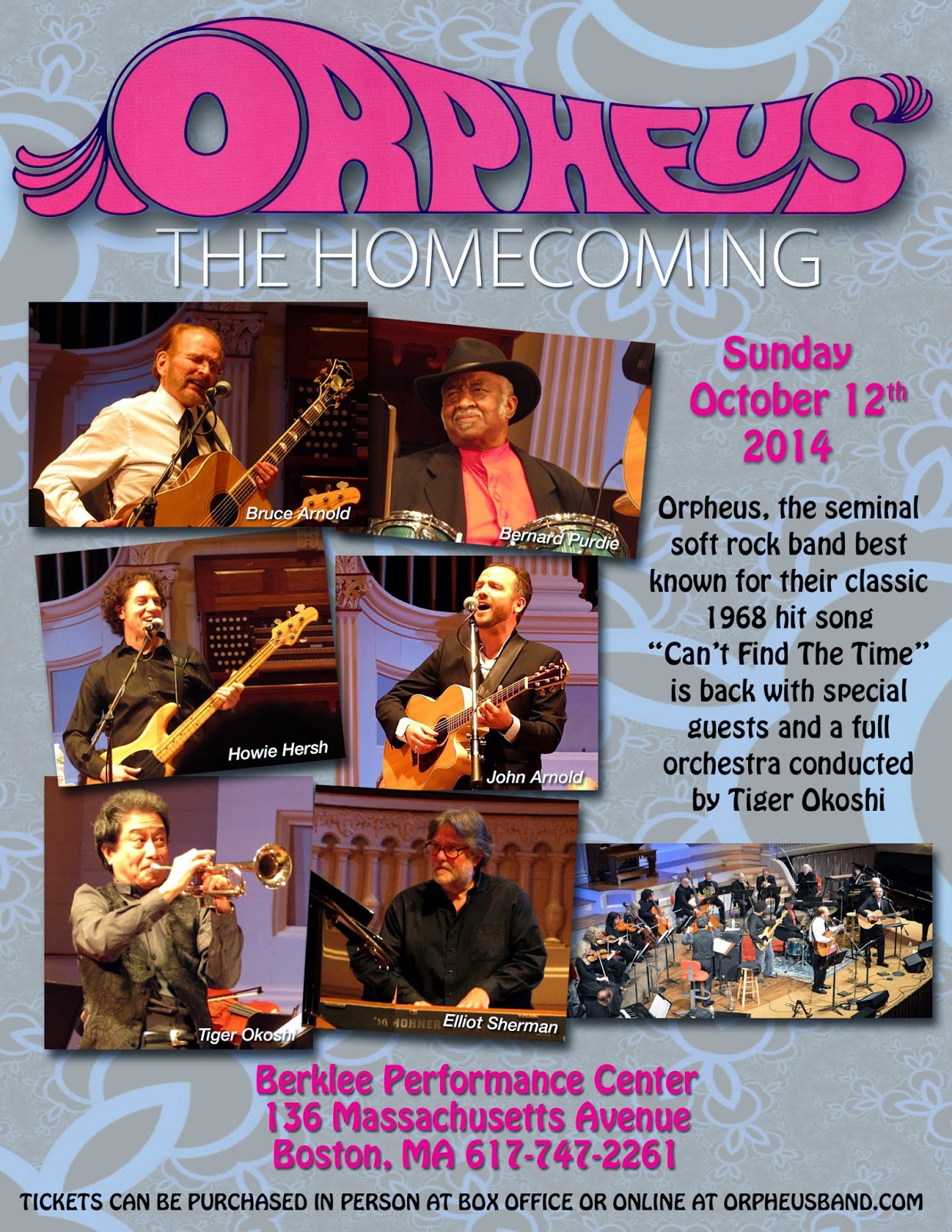
Where did you tour and what are some of your plans?
We recently did four gigs in Massachusetts and have started our tour of California with a performance at the Marin County Fair. We have plans to play in LA and San Francisco in the near future.
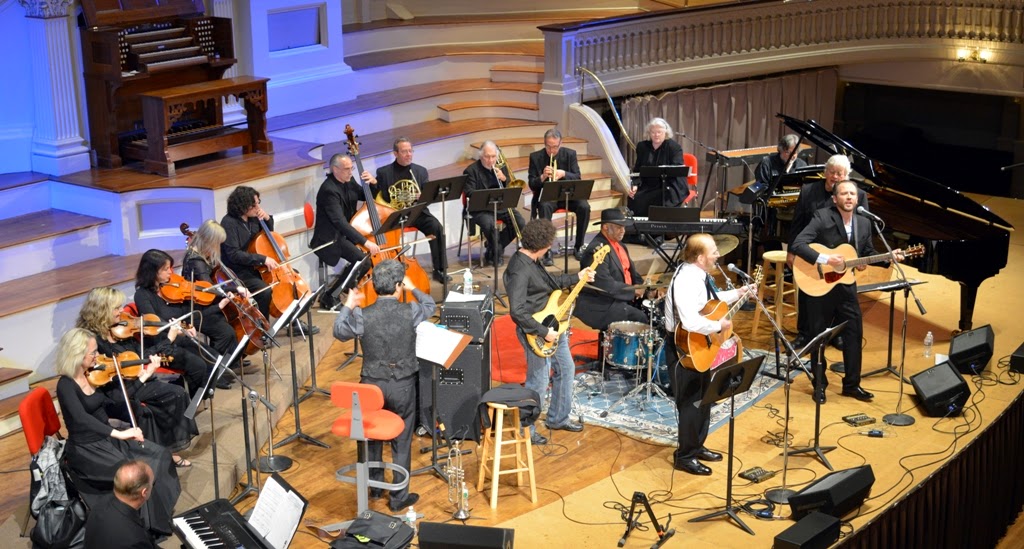
Is there any chance for a new album?
We released ‘Orpheus Again’ in 2010. But we are now putting together the recordings of our live shows for a new CD/DVD. We do all the original songs with a full orchestra when we play live.
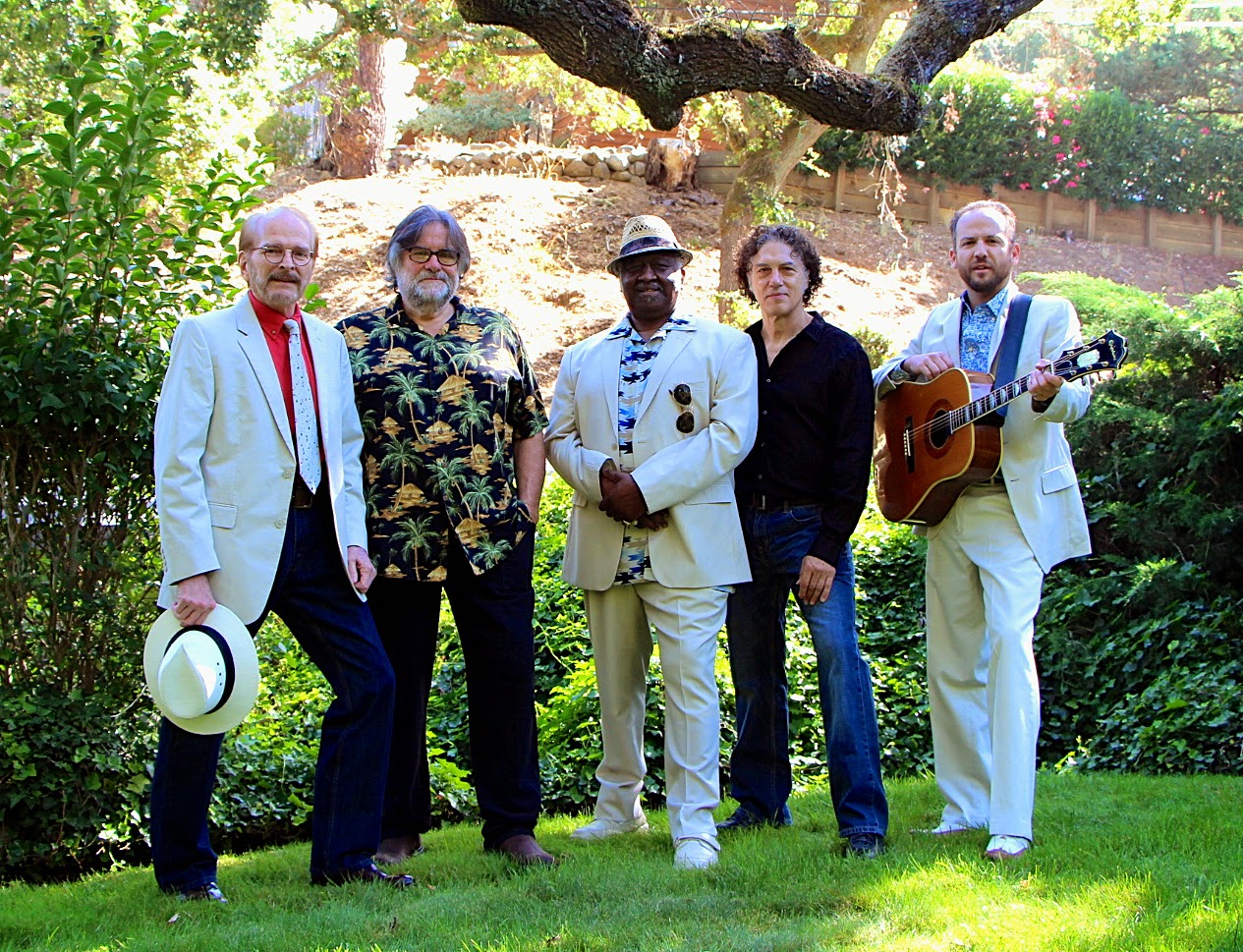
Thank you for taking your time. Last word is yours.
We have a long history in the music world but I am always gratefully amazed when we get requests for interviews, etc. It’s a part of the business I have really come to enjoy. Thank you for this opportunity.
Klemen Breznikar
Orpheus Facebook / Instagram / Twitter / YouTube

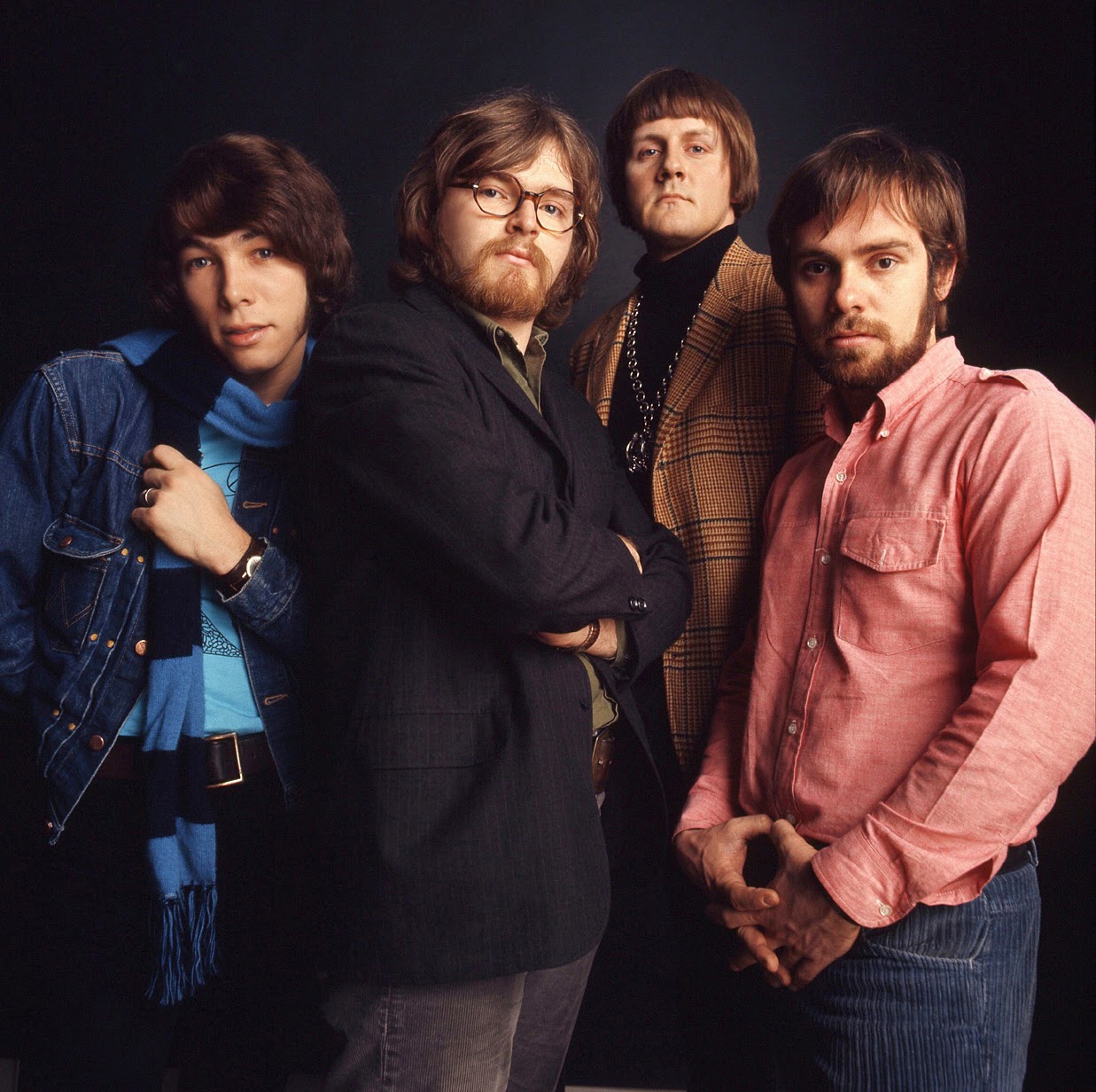
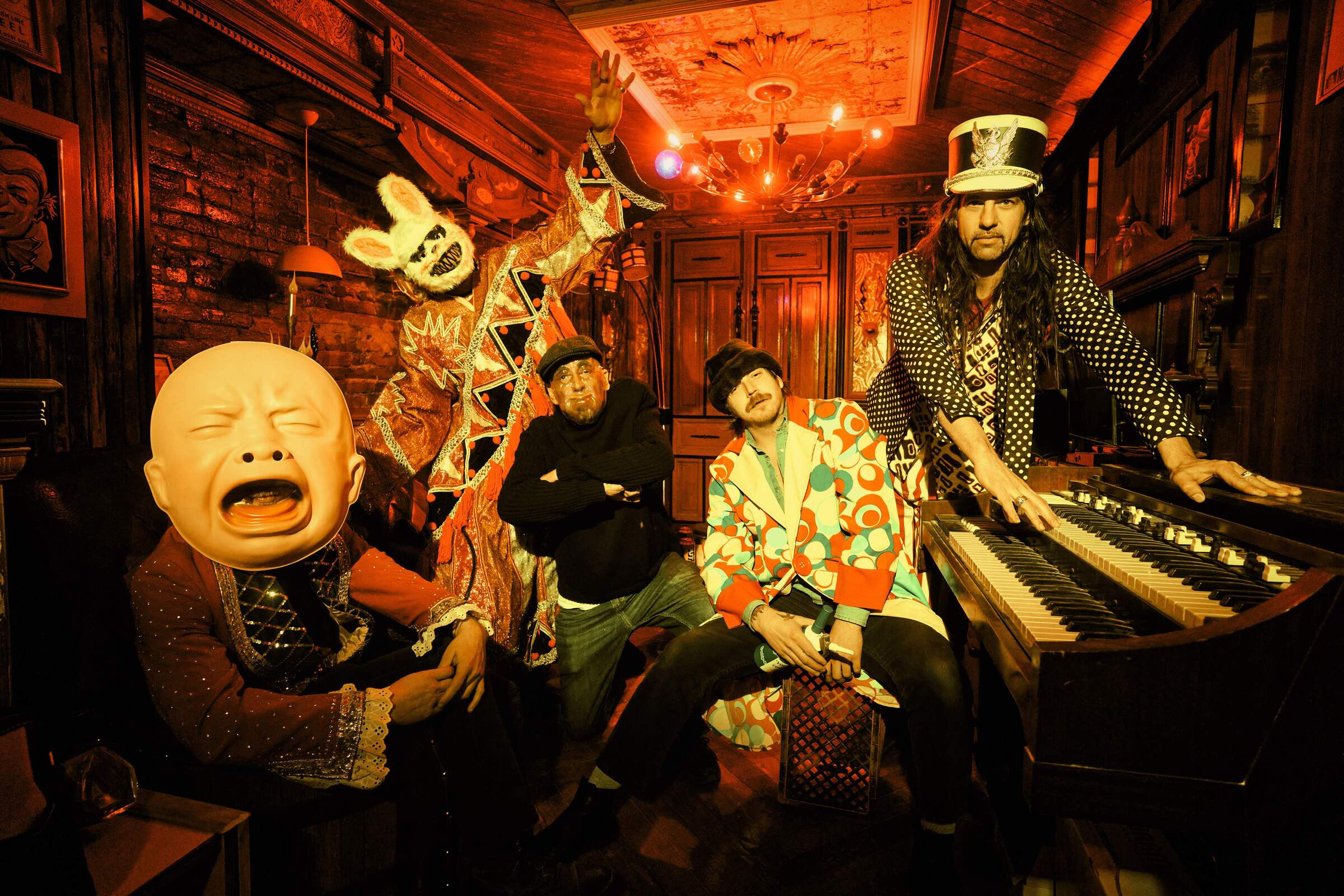
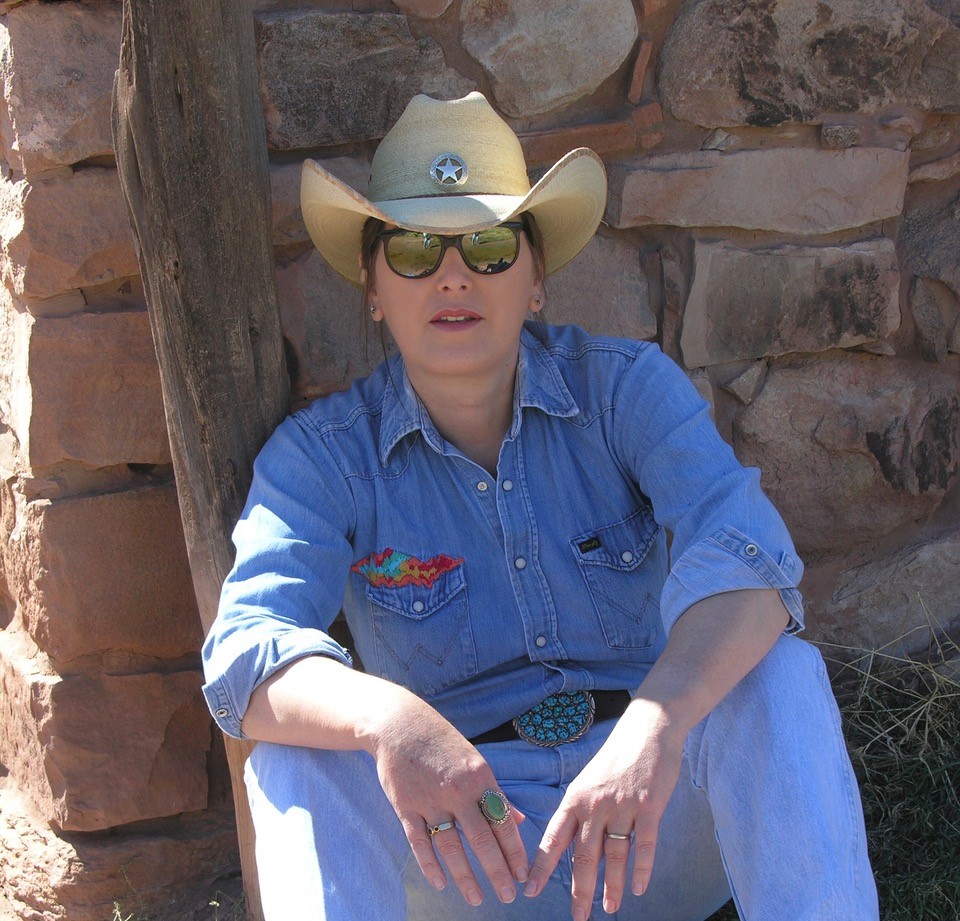
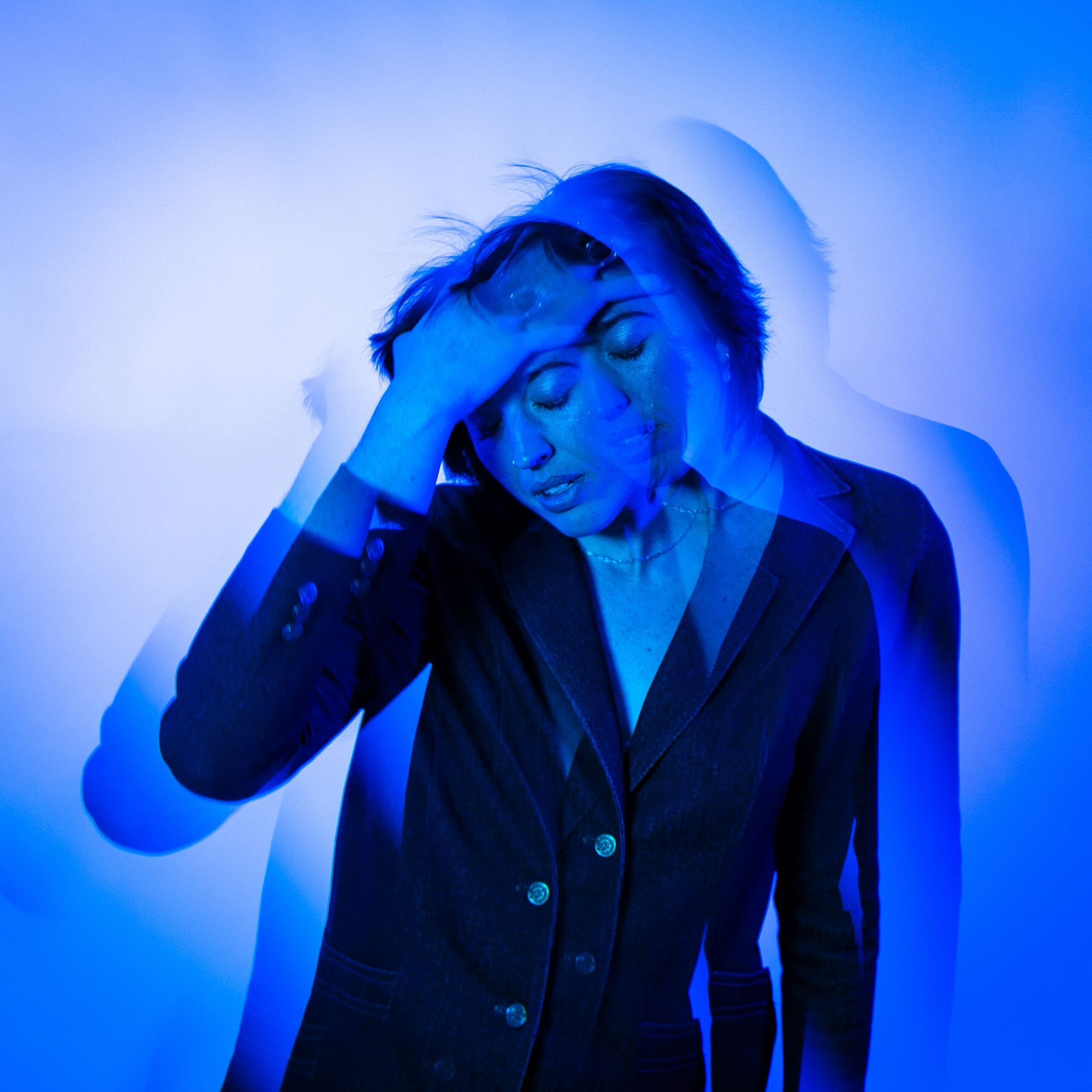
I loved you guys! I’m now in my mid 70s but ‘I Can’t Find the Time to Tell You’ came to mind today. I love your voice Bruce! I have 2 of your albums on vinyl. : )